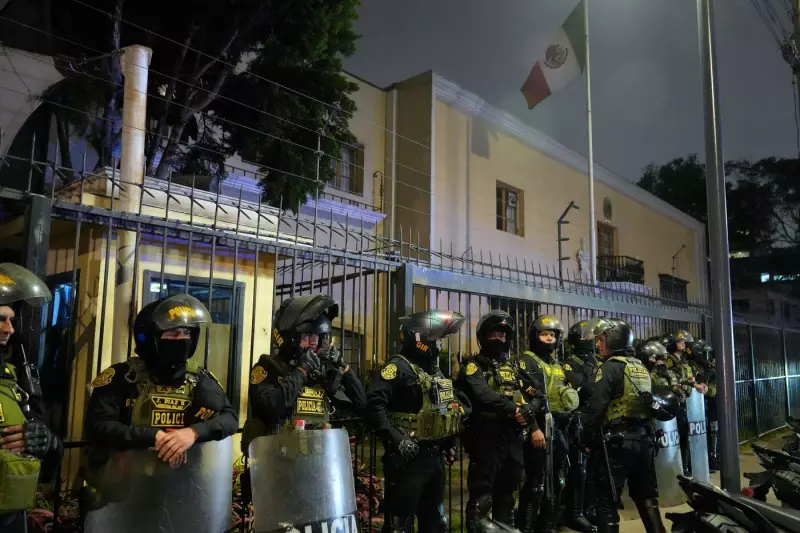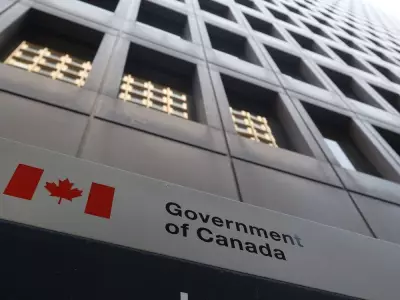
The Peruvian Congress has taken the dramatic step of declaring Mexico's president persona non grata following Mexico's decision to grant asylum to former Peruvian Prime Minister Betssy Chavez. This declaration comes amid a rapidly escalating diplomatic crisis between the two nations.
Background of the Diplomatic Breakdown
The current diplomatic turmoil stems from Mexico's controversial decision to offer political asylum to former Peruvian Prime Minister Betssy Chavez, who faces serious charges related to her alleged involvement in a 2022 coup attempt. The Peruvian government responded swiftly to Mexico's asylum offer by announcing it was severing diplomatic relations with its North American counterpart.
The tension became visibly apparent when police were deployed to guard the Mexican Embassy in Lima on Monday, November 3, 2025. This security measure followed Peru's official announcement that it was cutting diplomatic ties with Mexico, signaling a significant deterioration in bilateral relations.
Congressional Vote and Immediate Consequences
The Peruvian Congress held a decisive vote on November 7, 2025, resulting in the formal declaration of Mexico's president as persona non grata. This parliamentary action represents one of the strongest diplomatic rebukes available between sovereign nations and effectively makes the Mexican leader an unwelcome presence in Peru.
The vote culminated weeks of growing tension between the two countries, with Peruvian authorities expressing outrage over what they perceive as Mexico's interference in Peru's internal judicial matters. The asylum offer to Chavez, who faces serious legal charges in her home country, has been characterized by Peruvian officials as an unacceptable breach of diplomatic protocols.
Broader Implications for Regional Relations
This diplomatic crisis raises significant questions about the future of Latin American political relations and the interpretation of international asylum protocols. The persona non grata declaration against a sitting head of state is exceptionally rare in modern diplomacy and underscores the depth of Peru's displeasure with Mexico's actions.
The situation continues to develop rapidly, with international observers watching closely to see how other nations in the region will respond to this unprecedented diplomatic move. The protection of the Mexican Embassy in Lima remains heightened as both countries navigate the aftermath of this serious diplomatic breach.
This incident marks one of the most significant diplomatic ruptures in recent Latin American history and may have lasting implications for how political asylum cases are handled between nations in the region.





